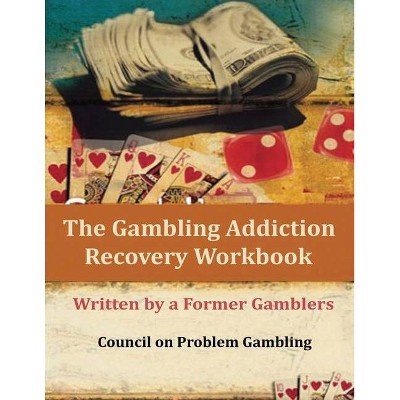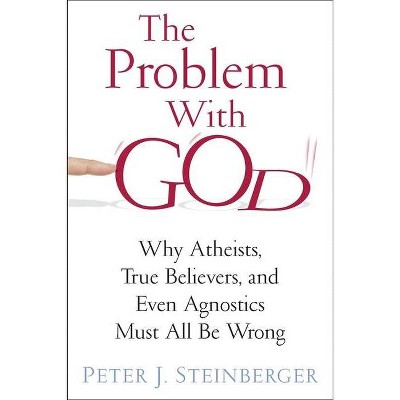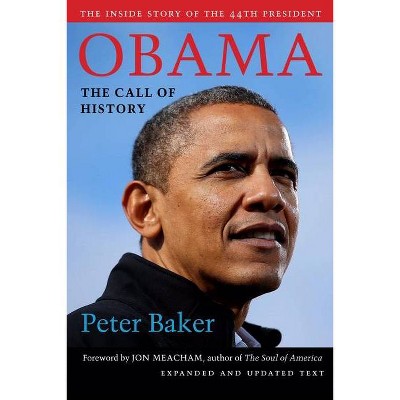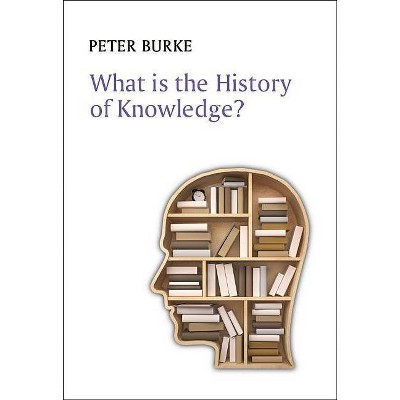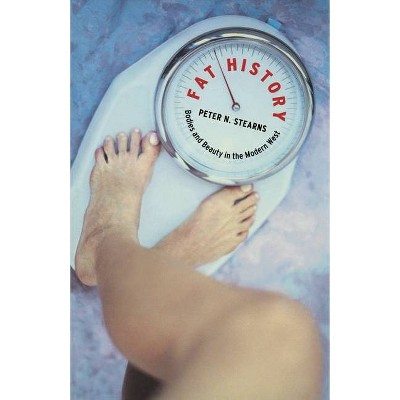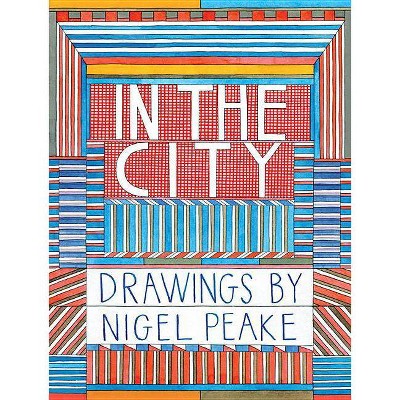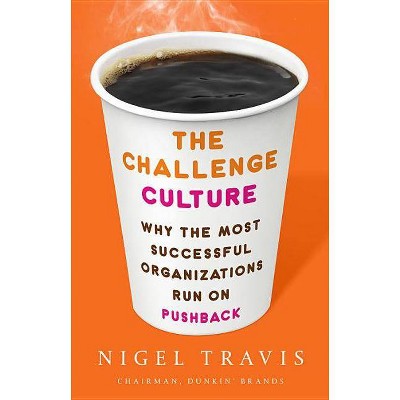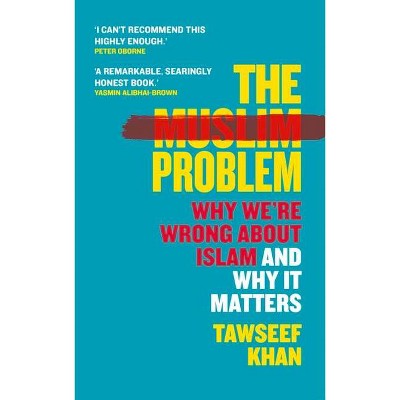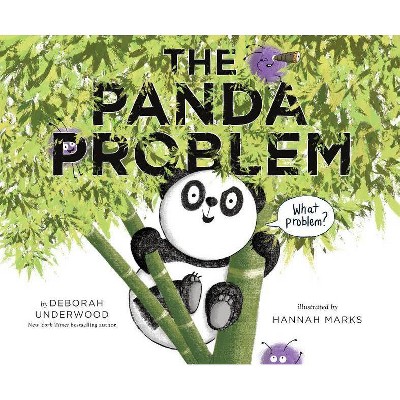The History of Problem Gambling - by Peter Ferentzy & Nigel Turner (Hardcover)
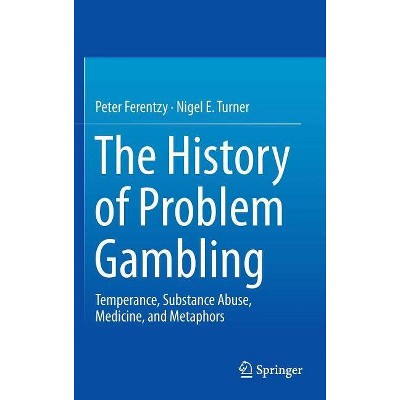
Similar Products
Products of same category from the store
AllProduct info
<p/><br></br><p><b> About the Book </b></p></br></br>This book examines the religious, socio-cultural, and medical influences on the development of the concept of problem gambling as a disease, along with the ways in which such ideas were influenced by<br>attitudes about substance abuse.<br><p/><br></br><p><b> Book Synopsis </b></p></br></br>The history of gambling and its intersection with technology, religion, medical science, and metaphors.- Pathological gambling as an idea: what does it mean?.- Pathological gambling up to the early twentieth century: sins, disease metaphors, and early efforts and medicalization.- Early to middle twentieth century: alcohol, denial, and the need for ascendancy.- The pendulum swings back.- Current situation and future directions.- Concluding discussion<p/><br></br><p><b> From the Back Cover </b></p></br></br><p>Peter Ferentzy and Nigel E. Turner</p><p>The History of Problem Gambling: Temperance, Substance Abuse, Medicine, and Metaphors</p><p> </p><p>This book documents the history of ideas about problem gambling and its link to addictive disorders. Using a combination of literature review and conceptual and linguistic analysis, <i>The History of Problem Gambling</i> explores how conceptions of problem gambling have changed over time. Authors Ferentzy and Turner examine the religious, economic, socio-cultural, and medical influences on the development of the concept of problem gambling as a disease, along with the ways in which such ideas were influenced by attitudes towards substance abuse. The history of mental illness, notably as it pertains to themes such as loss of control over behavior, is also addressed. The book concludes with a discussion of problem gambling and addiction in general - their current status and future prospects - with an eye on which ideas about problem gambling seem most promising and which should perhaps be left behind.</p><p>This book will be of interest to psychiatrists, psychologists, social workers, nurses, addiction counselors, researchers, historians, public health professionals, and also persons who have experienced problems with gambling or substance use.</p><p><p/><br></br><p><b> Review Quotes </b></p></br></br><br><p>From the book reviews: </p><p>"The History of Problem Gambling meets its goals of reviewing the history of problem gambling while providing additional perspectives on contemporary research and gaps in our understanding of behavioral addictions. ... the book provides the first complete account of the history of gambling in the context of the wider field of addiction. ... The book is a recommended read for all academics and clinicians who work in the area of disordered gambling and addiction." (David C. Hodgins and Igor Yakovenko, PsycCRITIQUES, Vol. 59 (27), July, 2014)</p><br><p/><br></br><p><b> About the Author </b></p></br></br>Peter Ferentzy, PhD is a scientist at the Centre for Addiction and Mental Health in Toronto. He received his doctoral degree in social and political thought from York University where his dissertation was a historical sociology of the origins and recent development of the modern concept of addiction with an emphasis on how it has interacted with ideas about mental illness and compulsions in general. Dr. Ferentzy has been studying Gamblers Anonymous since 2002, and was once a pre-doctoral fellow at the Addiction Research Foundation of Ontario, with Robin Room on his committee. He has published on Gamblers Anonymous as well as the history of addiction. Currently, Dr. Ferentzy is involved with studies addressing pathological gambling and co-morbidity, prison modalities, and gambling among crack users in downtown Toronto. Nigel E. Turner, PhD is a researcher in the field of gambling studies with extensive experience in various quantitative and qualitative research methods such as randomized controlled trials, surveys, interviews, focus groups, and content analysis. He has worked at the Centre for Addiction and Mental Health since 1995. Dr. Turner has conducted several studies of gambling including experimental studies that examined gambling behavior, recall, and learning. He has used computer simulations to systematically examine the experience of various commercial gambling games including roulette, games of skill, slot machines games, and lotteries. In addition, he has conducted research on problem gambling among adult offenders and found very high rates of problem gambling in correctional facilities.
Price History
Price Archive shows prices from various stores, lets you see history and find the cheapest. There is no actual sale on the website. For all support, inquiry and suggestion messages communication@pricearchive.us
